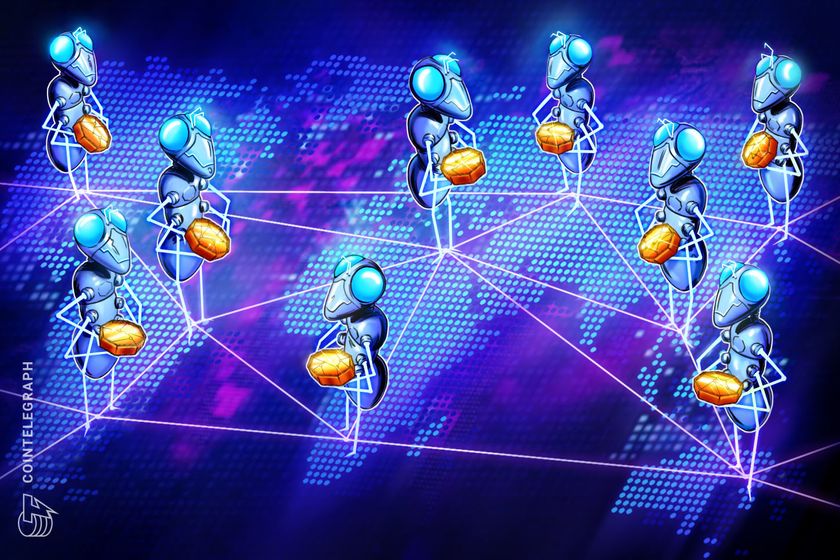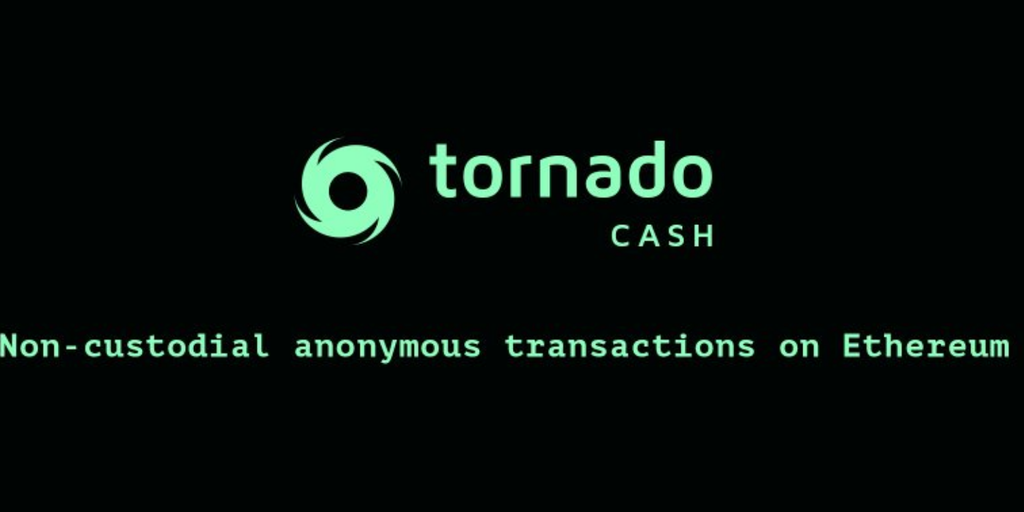Arbitrum, Ethereum’s largest layer 2 scaling solution, is seeking to improve its ecosystem with a new dispute resolution system called the Bounded Optimistic Liveness Dispute (BoLD) protocol.
The proposal, which was published on Jan. 6, is now open for a final vote through the Arbitrum decentralized autonomous organization (DAO) and aims to make the network resistant to delays in transaction processing.
At the time of writing, the proposal had garnered unanimous support from community members. The voting period will conclude on Jan. 24.
BoLD protocol vote sees unanimous 965,000 support in Arbitrum DAO. Source: Arbitrum DAO
Arbitrum has two major chains. Arbitrum One — with a total value locked (TVL) of $17.70 billion — is designed for general use, providing a cost-effective solution for running Ethereum-compatible smart contracts. On the other hand, Arbitrum Nova — with a smaller TVL of $43 million — is designed for applications that require a higher transaction throughput.
Currently, Arbitrum chains rely on a set of approved validators to verify transactions and prevent delays. Validators are entities that monitor network activity to ensure no fraudulent transactions are added to the blockchain.
What is the BoLD protocol?
The BoLD protocol is designed to open up Arbitrum’s validation system to anyone, removing the current restriction to a select group of validators.
It aims to resolve disputes within a fixed time period. Under the current system, bad actors can exploit the process to delay transaction confirmations for an extended time.
The current dispute resolution process on Arbitrum relies on a permissioned set of validators to mitigate delay attacks.
As stated in the proposal, “BoLD mitigates the risks of delay attacks using a different mechanism—by enforcing a fixed upper time bound on dispute resolution.” The proposal adds, “[..] reliance on a permissioned set of validators is no longer necessary.”
If implemented, the system guarantees that disputes are resolved within approximately 12.8 days.
BoLD has been operational on the Arbitrum testnet since April 2024.
Key features
One of the standout features of BoLD is the censorship timeout mechanism, designed to counter sequencer censorship or outages.
The mechanism is designed to handle situations where the sequencer, the entity responsible for processing and ordering transactions on the network, either censors certain transactions or stops working altogether.
On Dec. 15, 2023, Arbitrum One experienced an outage for approximately 78 minutes. The sequencer “stalled” during a “significant surge in network traffic.”
Related: Bitcoin yield opportunities are booming — Here’s what to watch for
Introducing Infura to Nova
While BoLD will enable permissionless validation on Arbitrum One, Arbitrum Nova will retain its permissioned model. This decision is based on Nova’s smaller TVL compared to Arbitrum One, which makes unrestricted validation less feasible, per the proposal.
However, the proposal includes the addition of Infura to its validator whitelist to enhance Nova’s security.
Infura is a blockchain infrastructure provider that offers developers access to Ethereum nodes without requiring them to run their own infrastructure.
“The addition of Infura to Arbitrum Nova’s validator whitelist will increase the number of active validators on Nova, enhancing the network’s overall security, stability, and reliability,” the proposal states.
If approved, BoLD will be deployed on Arbitrum One and Nova on Feb. 12.
Magazine: Big moves expected for crypto in Asia in 2025: Asia Express

 1 week ago
7
1 week ago
7








 English (US) ·
English (US) ·